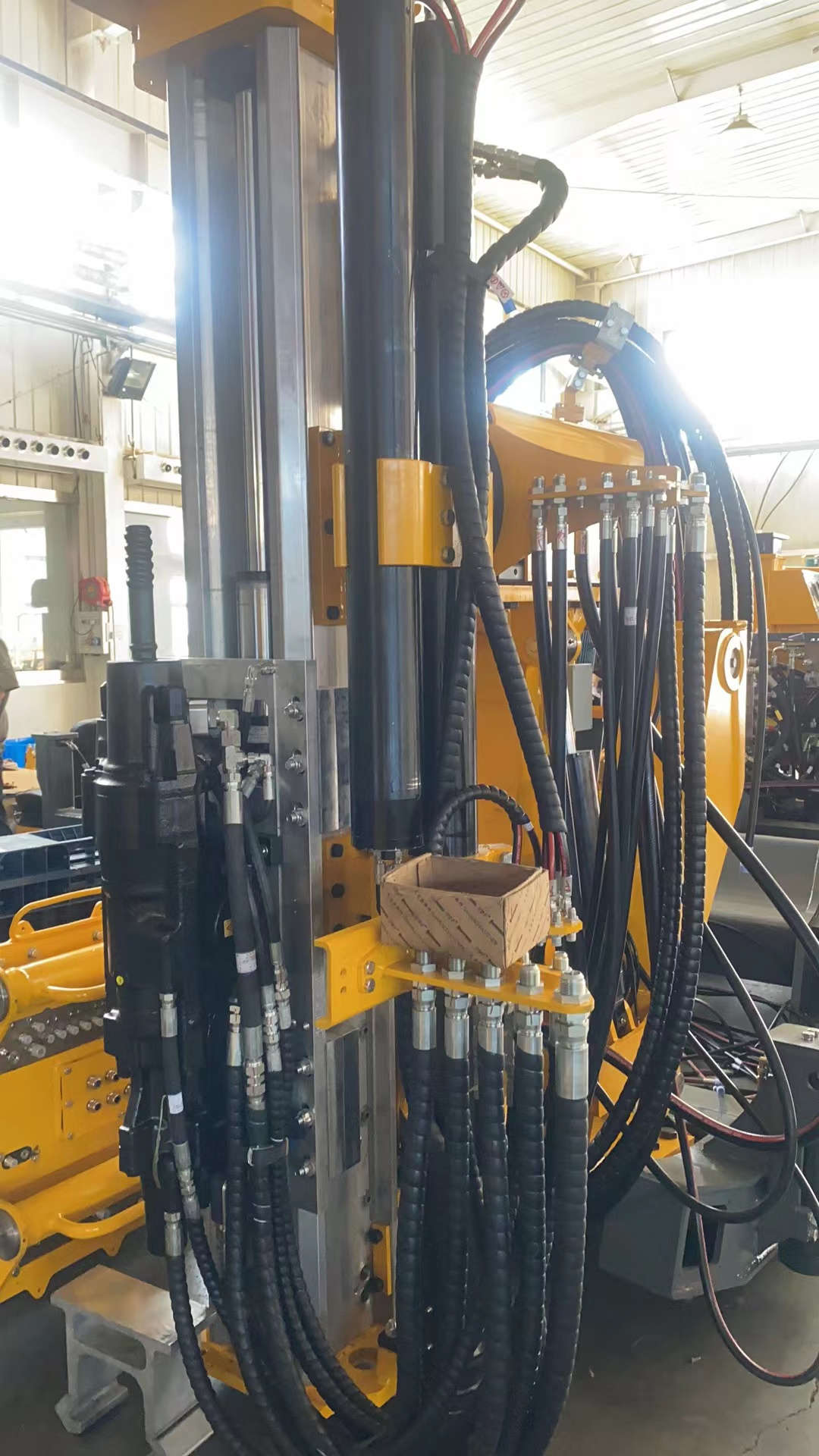Aug . 01, 2024 01:57 Back to list
Top High-Performance Hydraulic Hoses for Extreme Heat Applications in Industrial Settings
The Importance of Heat Resistant Hydraulic Hoses in Industrial Applications
In the modern industrial landscape, hydraulic systems play a crucial role in various applications, from manufacturing machinery to automotive services. One of the critical components that ensure the efficiency and safety of these systems is the hydraulic hose. Among the many types available on the market, heat resistant hydraulic hoses stand out due to their specialized capabilities and advantages in high-temperature environments.
The Need for Heat Resistance
Hydraulic systems operate under high pressure and can generate significant heat due to friction and the nature of fluid dynamics. Various industries, including construction, agriculture, and oil & gas, often expose hydraulic hoses to extreme operating conditions. These extreme environments can lead to the degradation of standard hoses, resulting in leaks, bursts, and, subsequently, costly downtime and safety hazards. Therefore, heat-resistant hydraulic hoses are indispensable in maintaining operational integrity and efficiency.
Features of Heat Resistant Hydraulic Hoses
Heat resistant hydraulic hoses are designed with specialized materials that provide enhanced thermal stability. These hoses typically feature a multi-layer construction, combining synthetic rubber or thermoplastic materials with high-strength reinforcement, such as steel wire or textile fibers. This construction not only allows the hoses to withstand high temperatures but also provides excellent flexibility and durability.
Another essential feature of these hoses is their ability to resist various chemicals and environmental factors. In many industrial applications, hoses are exposed to oils, abrasives, and even extreme weather conditions. A reliable heat resistant hydraulic hose must maintain its integrity and performance despite these challenges. Manufacturers employ advanced engineering techniques to enhance the resistance of the hose materials, ensuring longevity and reliability.
famous heat resistant hydraulic hose service

Advantages of Using Heat Resistant Hydraulic Hoses
1. Enhanced Safety The primary advantage of using heat resistant hydraulic hoses is the increased safety they provide. By minimizing the risks of hose failures due to excessive heat, companies can protect their employees and minimize the chances of accidents.
2. Operational Efficiency Heat resistant hoses help maintain the efficiency of hydraulic systems. By ensuring proper fluid flow and reducing the likelihood of thermal-related failures, these hoses promote steady machinery performance, directly impacting productivity.
3. Cost-Effectiveness Although heat resistant hydraulic hoses may come at a higher initial investment compared to standard hoses, the long-term savings are significant. Reduced maintenance and replacement costs, coupled with lower operational downtime, make these hoses a cost-effective solution for many organizations.
4. Versatility Heat resistant hydraulic hoses are available in various sizes and pressure ratings, making them suitable for a wide range of applications. Companies can find a hose that fits their specific needs, whether for heavy machinery, automotive applications, or industrial equipment.
Conclusion
In conclusion, the significance of heat resistant hydraulic hoses in industrial applications cannot be understated. As industries continue to evolve and confront new challenges, investing in high-quality hydraulic components is essential for operational success. By choosing heat resistant hoses, companies not only enhance safety and efficiency but also position themselves for long-term growth in a competitive marketplace. As technology advances and materials improve, the future of hydraulic systems looks promising, with heat resistant hoses playing a pivotal role in driving innovation and reliability.
-
Best Four Steel Wire Spiral Hose Hydraulic R12 – Durable High-Pressure Hose Manufacturer
NewsJul.08,2025
-
High-Quality 1/4 Hydraulic Hose – Soft, Flexible & Durable Rubber Hoses for Industrial Use
NewsJul.08,2025
-
1 1 2 Inch Hydraulic Flexible Hose - Durable, Reliable, High-Pressure Solutions
NewsJul.07,2025
-
High-Quality 1 2 Rubber Hose - Durable, Flexible Hydraulic Solutions
NewsJul.07,2025
-
Discover SAE Hydraulic Hose Types - High Quality & Durable Hoses from Leading Factory Supplier
NewsJul.06,2025
-
High Pressure Wire Hydraulic Rubber Hose Supplier Durable & Reliable 1SN Hose Solutions
NewsJul.06,2025
